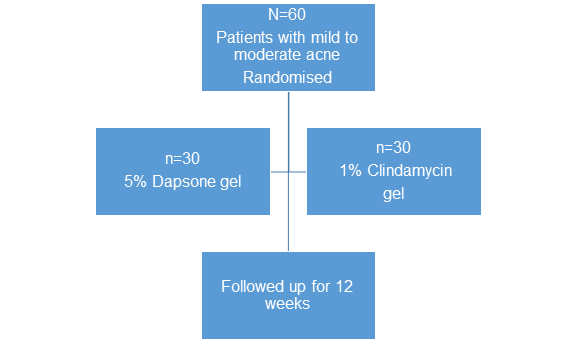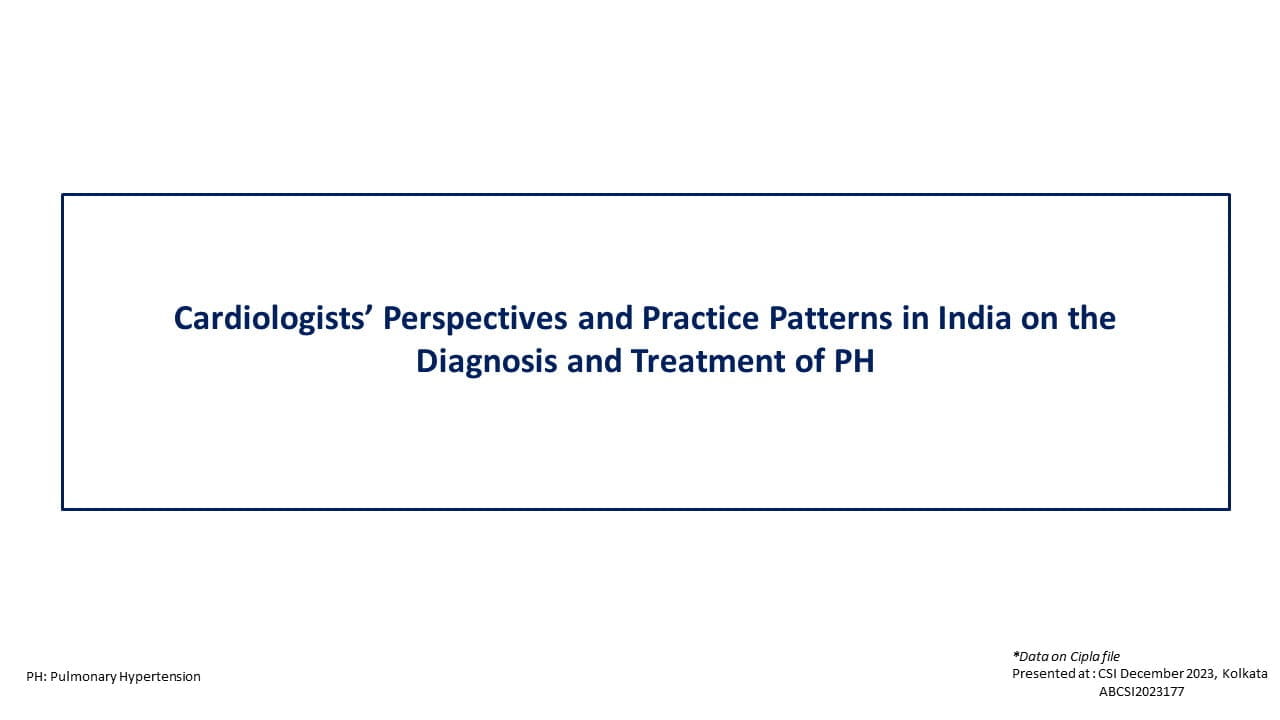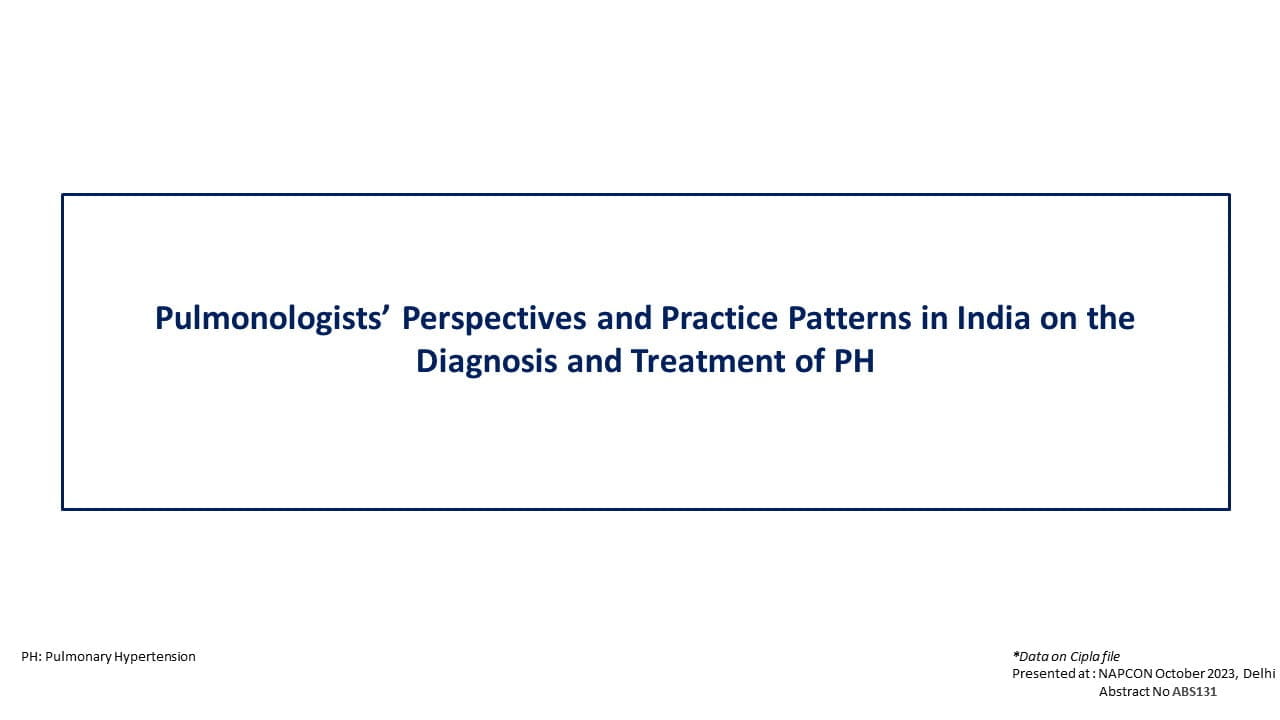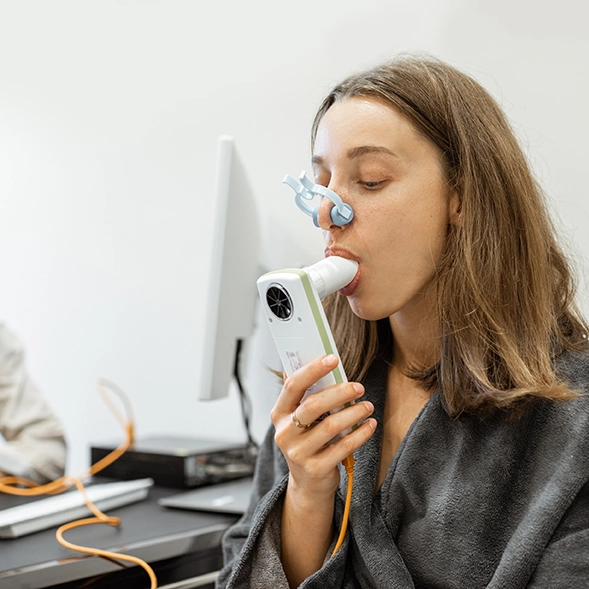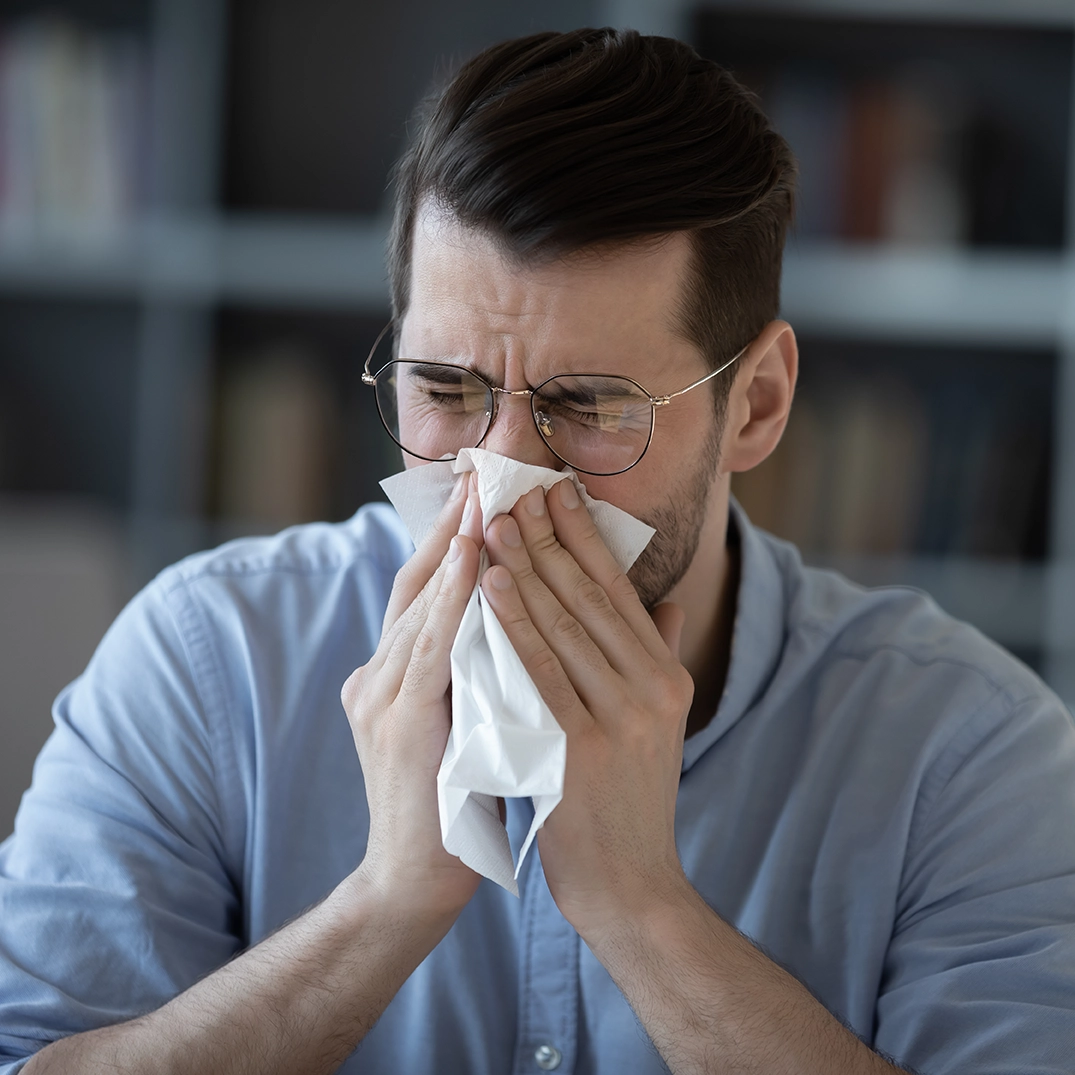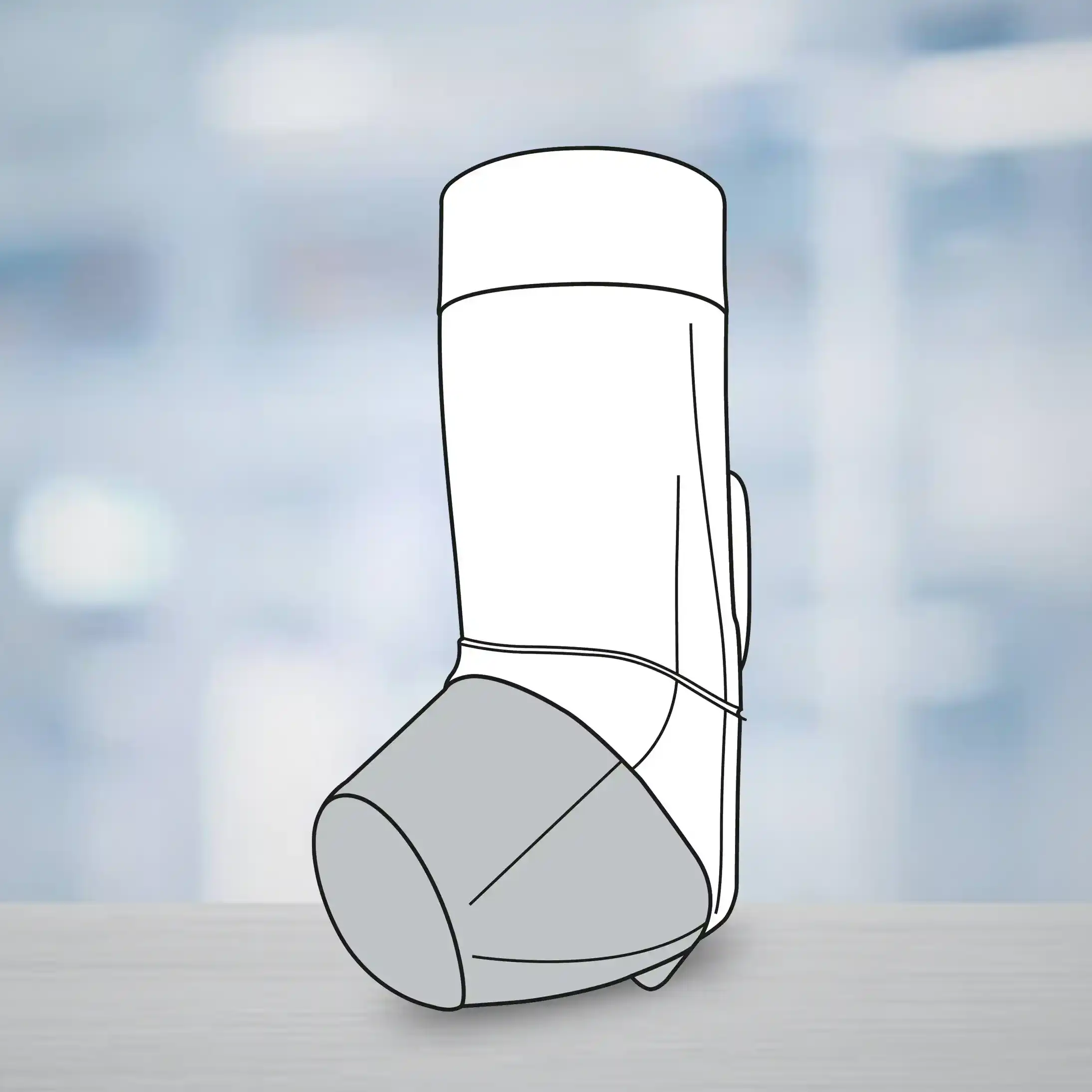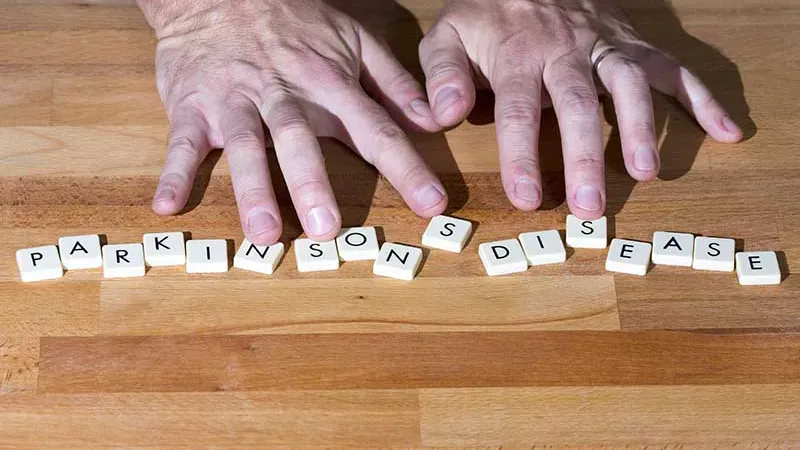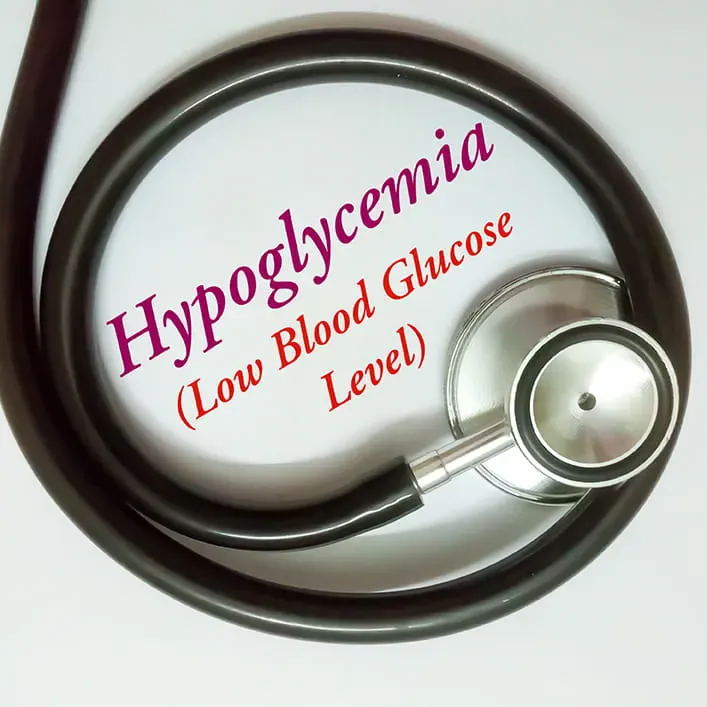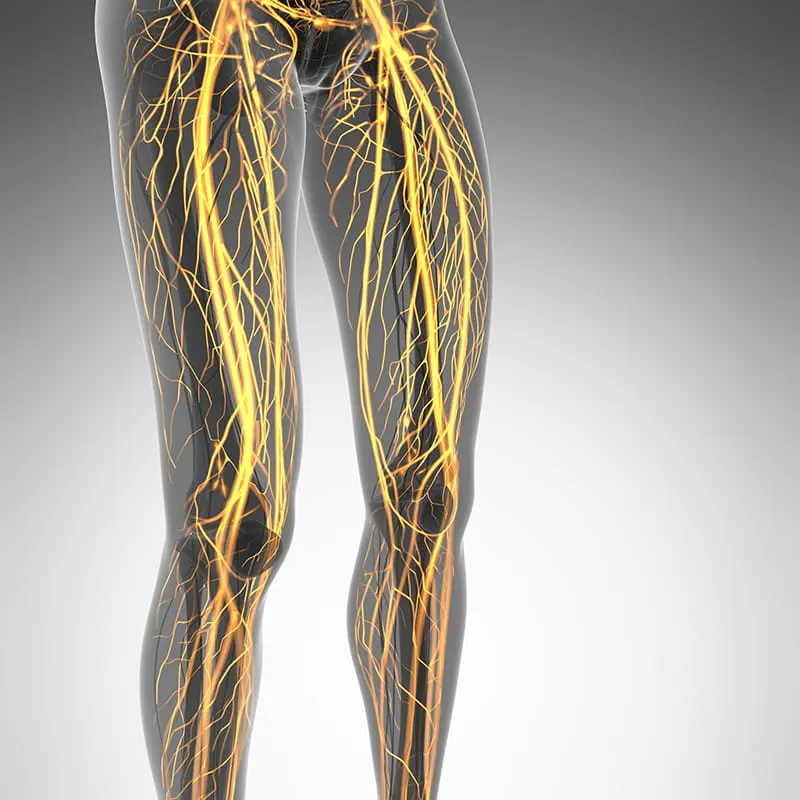Dapsone 5% Gel Monotherapy, A Better Option than Clindamycin 1% Gel Monotherapy for Treatment of Acne Vulgaris: Results from 12 weeks Comparative Study
Introduction
Acne Vulgaris is one of the most common skin disorders. Clindamycin is an established effective treatment for acne vulgaris, acting on Propionibacterium acnes. Oral dapsone is occasionally used for the treatment of nodulocystic acne; it has both anti-inflammatory as well as antimicrobial effect. In 2005, FDA approved the topical formulation of dapsone. However, there is paucity of data comparing the efficacy of dapsone gel and clindamycin gel in the treatment of acne.
Aim
To compare the therapeutic efficacy of 5% Dapsone gel with 1% Clindamycin gel in mild to moderate acne.
Patient Profile
- N=60
- Patients presenting with mild to moderate acne were selected for the study.
- Age =14-30 years
- Patients with history of less than 3 months of duration were included in the study
Methods
Study Design
Drug Regimen
- 5 % dapsone gel topically at bedtime on the lesions daily for 12 weeks
- Clindamycin 1% gel treatment once daily for 12 weeks
Study Endpoints
- All the patients were followed up 4 weekly for 12 weeks.
- Reduction in lesions was noted on each follow-up
- At the end of the 12 weeks treatment, improvement was compared statistically and results were noted
- Comparison of Dermatology Quality of Life Index (DLQI) score of all the patients was also done with DLQI questionnaire at baseline and at 12 weeks of therapy in both groups
Results
- The overall efficacy at 12 weeks with
- Dapsone 5% gel was 53.19% with 50% patients being completely free of acne
- Clindamycin 1 % gel was 50% with 46.67% patients being completely free of acne
Table 1: Initial and follow-up grading of lesions in Clindamycin 1% group and dapsone 5% gel group
|
|
Dapsone 5% gel |
Clindamycin 1 % gel | ||||||
|
Grade |
Wk -0 |
Wk-4 |
WK-8 |
Wk- 12 |
Wk -0 |
Wk- 4 |
WK-8 |
Wk- 12 |
|
Cured |
0 |
1 |
11 |
15 |
0 |
1 |
6 |
14 |
|
Mild |
13 |
16 |
9 |
8 |
16 |
17 |
16 |
10 |
|
Moderate |
17 |
13 |
10 |
7 |
14 |
12 |
8 |
6 |
|
Total |
30 |
30 |
30 |
30 |
30 |
30 |
30 |
30 |
- Moderate success was observed with both dapsone 5% gel and clindamycin 1% gel after 12 weeks of therapy with no significant statistical difference.
- Patients on dapsone 5% gel therapy were slightly better in DLQI assessment after 12 weeks of therapy when compared with patients who were on clindamycin 1% gel therapy.
- Side effect profile was almost similar with both the study drugs
Conclusion
- Dapsone 5% gel monotherapy and clindamycin 1% gel monotherapy showed almost equal efficacy when compared after 12 weeks of therapy
- Dapsone 5% gel therapy was slightly better than clindamycin 1% gel therapy in DLQI assessment and due to the fact that it can be used as monotherapy without any risk of developing resistance
- Clindamycin therapy should not be used as monotherapy due to risk of development of resistance
The Gulf Journal of Dermatology and Venereology 2016; 1;23: 34-39


